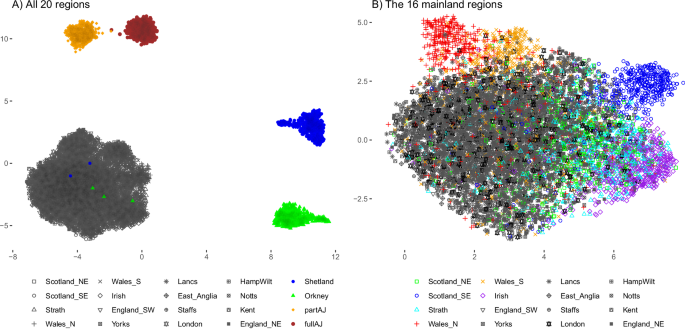2024-10-03 インペリアル・カレッジ・ロンドン(ICL)

<関連情報>
- https://www.imperial.ac.uk/news/256816/true-global-impact-human-driven-bird-extinctions/
- https://www.science.org/doi/10.1126/science.adk7898
人為的絶滅による鳥類の機能的・系統的多様性の世界的損失 The global loss of avian functional and phylogenetic diversity from anthropogenic extinctions
Thomas J. Matthews, Kostas A. Triantis, Joseph P. Wayman, Thomas E. Martin, […], and Ferran Sayol
Science Published:3 Oct 2024
DOI:https://doi.org/10.1126/science.adk7898
Editor’s summary
Human activities are a leading cause of species extinctions, either directly or indirectly, for millennia. Matthews et al. investigated how extinctions have affected global bird diversity, specifically in terms of birds’ traits and evolutionary history (see the Perspective by Kemp). About 5% of known bird species have gone extinct over the past 130,000 years, and these species are more distinct in terms of their traits and lineages then would be expected by chance, especially those that went extinct before 1500 CE. Species, functional, and phylogenetic diversity losses are greatest on islands. Projected future extinctions are predicted to cause even more severe effects on avian functional and phylogenetic diversity, emphasizing a need for conservation efforts, especially on islands. —Bianca Lopez
Abstract
Humans have been driving a global erosion of species richness for millennia, but the consequences of past extinctions for other dimensions of biodiversity—functional and phylogenetic diversity—are poorly understood. In this work, we show that, since the Late Pleistocene, the extinction of 610 bird species has caused a disproportionate loss of the global avian functional space along with ~3 billion years of unique evolutionary history. For island endemics, proportional losses have been even greater. Projected future extinctions of more than 1000 species over the next two centuries will incur further substantial reductions in functional and phylogenetic diversity. These results highlight the severe consequences of the ongoing biodiversity crisis and the urgent need to identify the ecological functions being lost through extinction.


